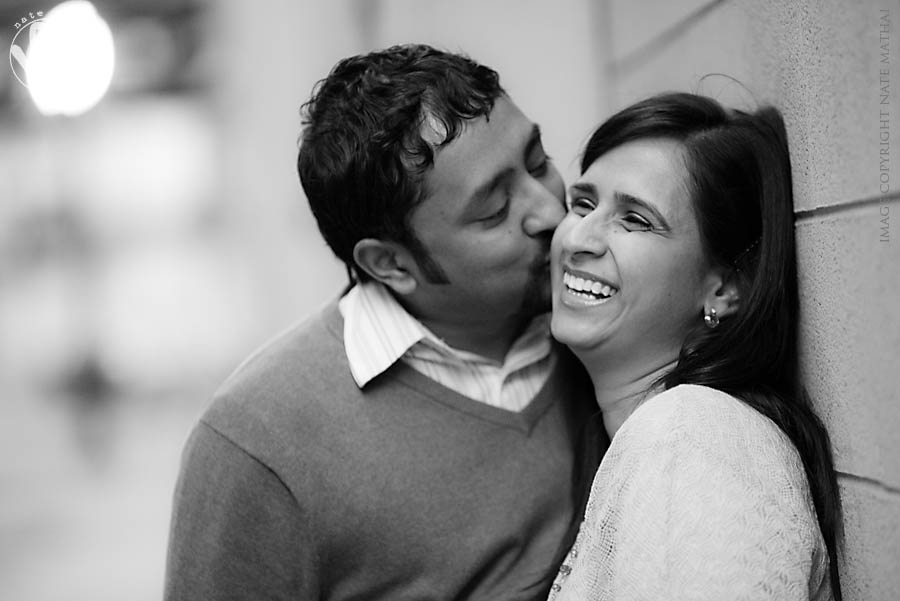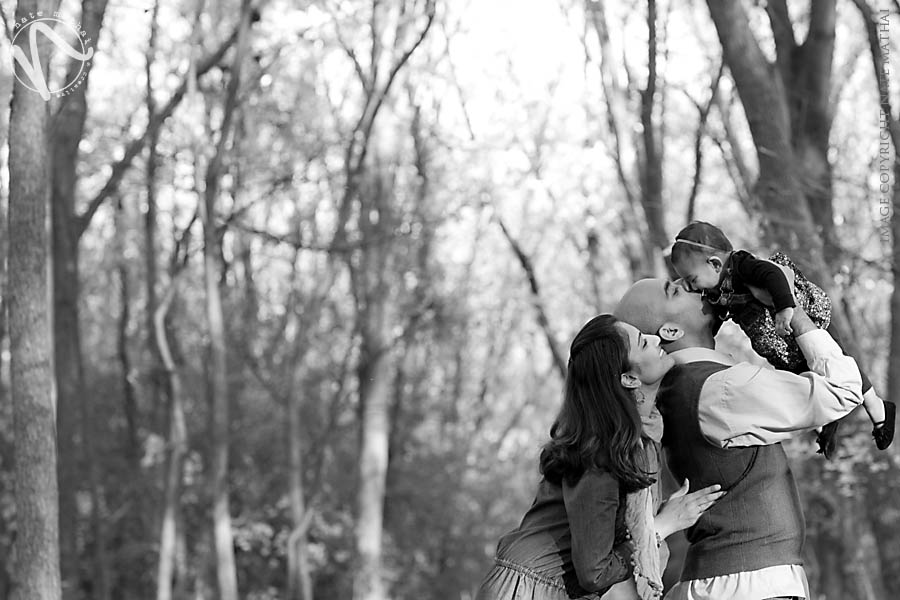I am a perfectionist at heart…and to a fault. I am extremely technical and logical. And the logical side of me tells me that if I am holding a camera, I should be taking pictures. And if I am taking pictures, I should be taking great pictures.
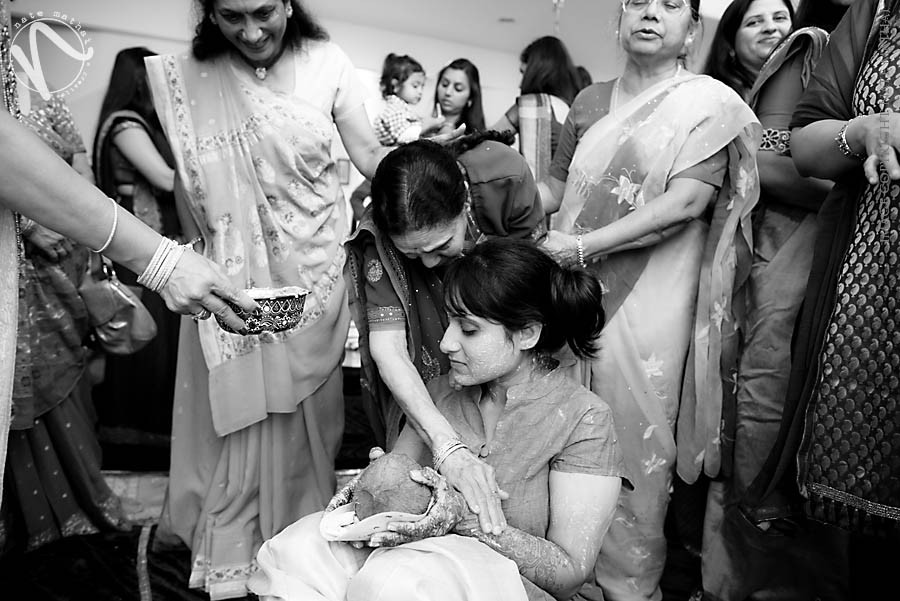
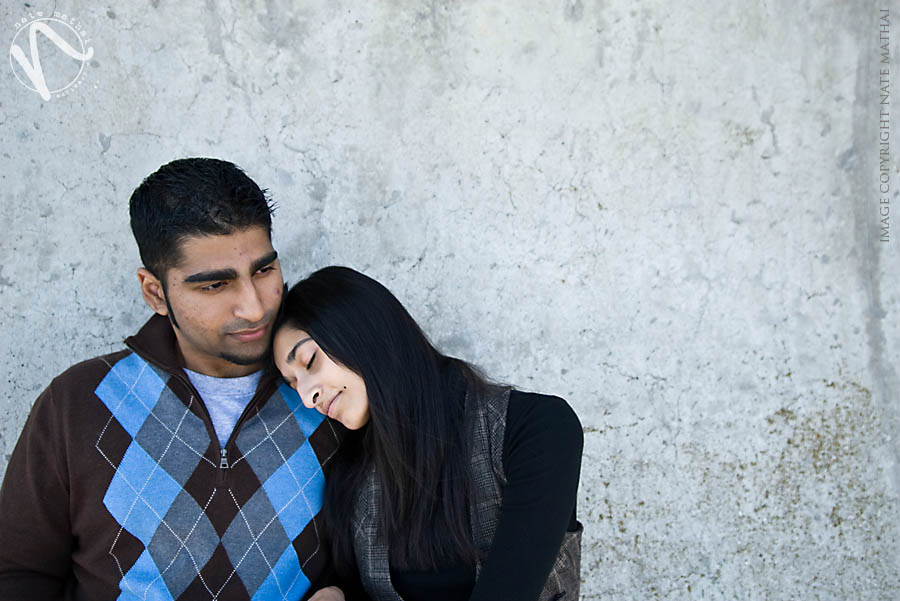
When I desire to do something, when I am passionate and driven for it, I become very engrossed. I research, I learn, I try, I fail, I progress. With my eyes set on perfection, my goal is continued progression. And while I know perfection is a distant goal never to be reached by me, I also know there is one more step that I can make to be better than the current state I am in. And this is where I struggle. Without knowing how many steps there are for perfection, I know at the very least I can do one more thing for improvement. But it comes at a cost- it could be a financial cost, it could be a time cost, it could be a relational cost. And the decision needs to be made at some point as to whether the cost is worth the reward.
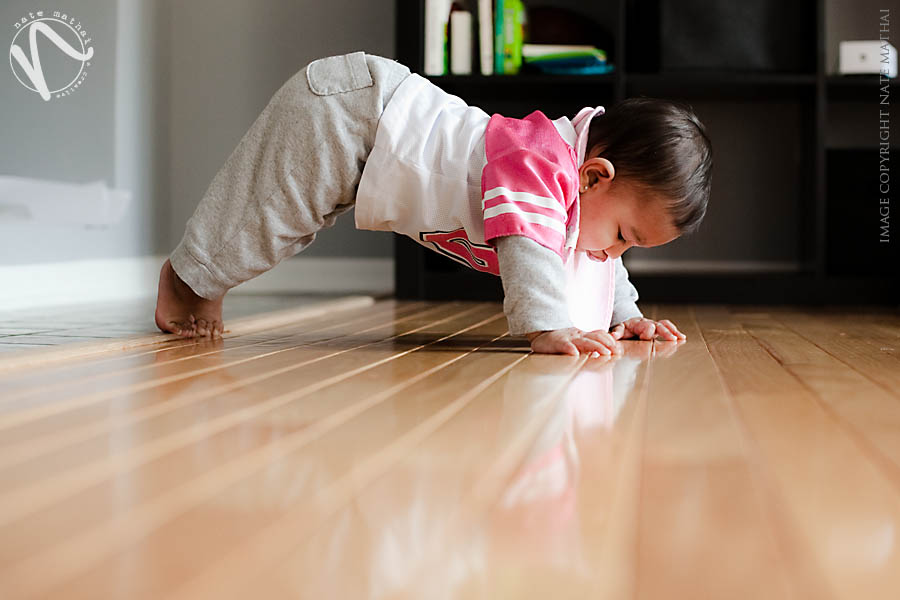
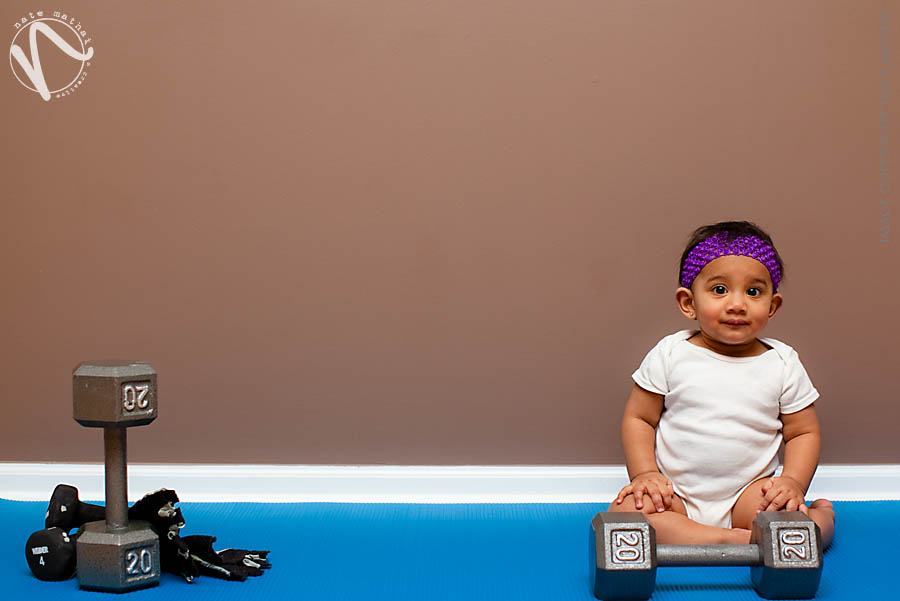
My wife looks at an image I take of my daughter and loves it. Obviously. My wife sees “a picture of my daughter” and names it beautiful and perfect. I see “a picture” that is of “my daughter”…my daughter is beautiful, but the picture needs work. I see a shadow on the side of her face that needs to be lit better. I see distracting elements in the background. I see reflections that are killing the vision I had when I started. To me, the content and the capture is so tightly woven together that any error I see in one aspect bleeds into the full story, and I’m left unsatisfied until I fix it. And so I continue to tweak and adjust until I am content (or I’ve calculated the cost has finally overtaken the incremental reward).
There is a bit of a disconnect when I photograph for others. The disconnect, for me, is when my purpose does not fall in line with someone else’s purpose. A person wants me to simply document an event, while I want to tell a story. They would like a quick snap, where I know I would need more time, preparation. Their standard is much different than mine, and the battle ensues within.
Once upon a time, people didn’t carry a camera 24/7. And so it was a joy to help people remember what once happened. I continue to have that joy in, thinking many years later, people can look through my photography to spark memories of what once was. Now, every meal, every interaction, every activity is over-documented. And while these images will differ technically, visually, and perhaps even in quality and emotional connection with what I can provide, the act of the capture is taking place, and that more than suffices for most eyes. And because of that, I feel a relief. The burden of “the capture” has been lifted off my shoulders.

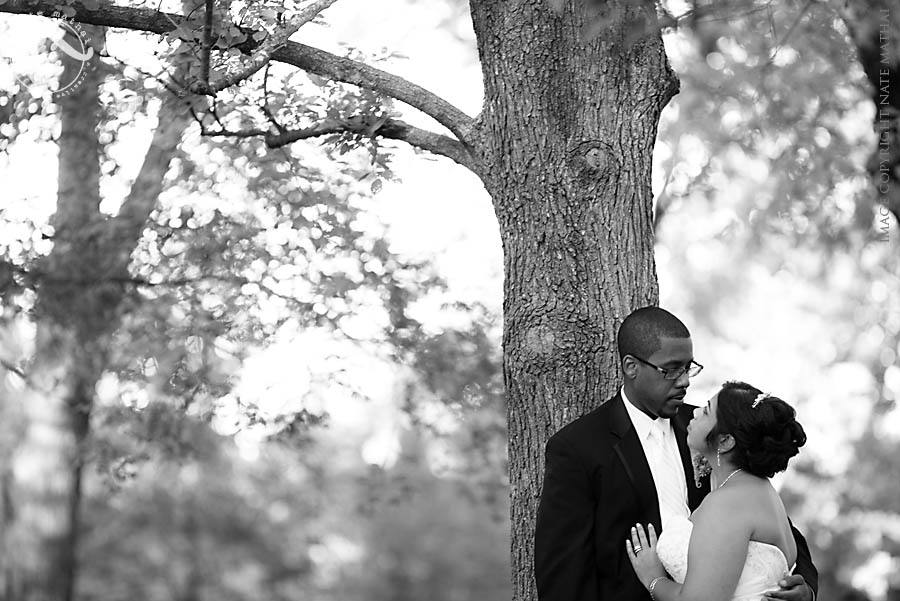
When I pick up my camera, my mind starts combining shapes and light and recognizing stories. I step away from being present, and start working towards that goal of perfection: the perfect picture, the perfect lighting, the perfect story. My time is then spent on matching the image on the camera LCD with the vision in my head of what I saw and experienced. But when I put my camera down, I am able to focus on something more important at the time than the capture…and that is engaging. The vision in my mind – the story, the framing, the lighting – still takes place. But instead of working to recreate that vision for others to see, I simply accept that capture as my own, one that only I see. And as selfish as it feels to keep that image to myself, I free myself to give and produce in other ways- my ears to listen, my mouth for conversations, my hands to serve, and myself to be…present.
The reason I love owning my own business is because I am in control of the choice…I choose when I accept a client and when I reject one, I choose when I pick up my camera and when I put it down. And it’s to everyone’s benefit when I want to lift the lens up to my eyes, as opposed to me having to do it.
